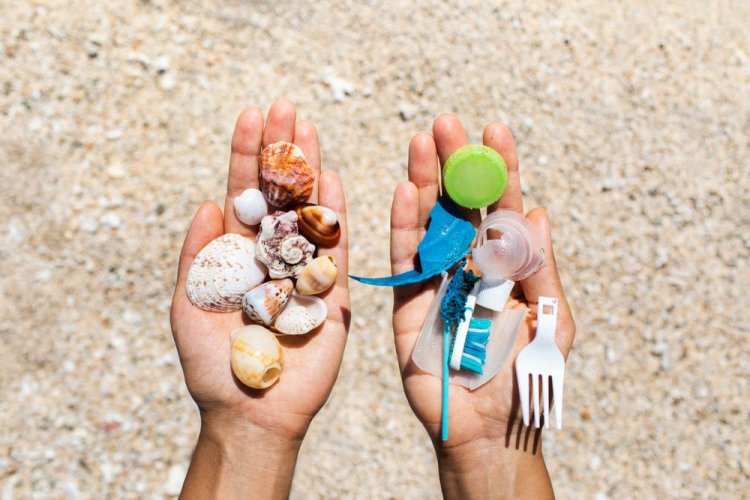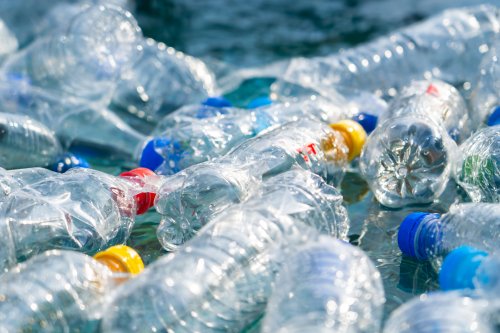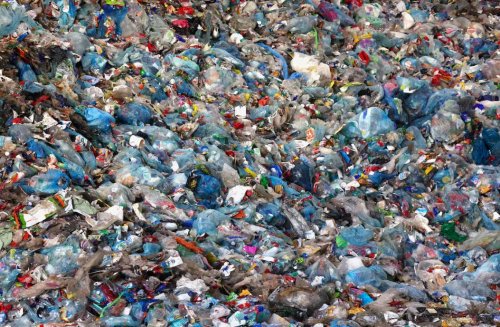In Australia, the amount of plastic pollution on the coast has decreased by an average of 30% in 6 years, thanks to the initiatives of local authorities.
Experts from the Australian scientific agency CSIRO, who conducted the study, called such changes "inspiring", according to The Guardian.
Researchers surveyed 183 coastal areas in six Australian states for plastic and other debris in 2018-2019. Of these, 32 sites were studied in the same period in 2012-13.
Some coasts have become 73% cleaner.
"It's amazing evidence of how much can change and how quickly you can see that change in the environment. Almost 30% in six years are really inspiring and can help people understand the impact of our behavior," said CSIRO researcher and co-author Denise. Hardesty.
The amount of plastic debris varies significantly between beaches in different Australian states and territories. Thus, coastal areas in the North, Tasmania, South and Western Australia and Victoria have significantly less plastic debris than beaches in New South Wales.
Researchers also found significantly more debris in areas close to urban areas and in areas that were more affected by coastal waves the day before the study. And on the beaches, where the day before there was a stronger coastal wind, less debris was recorded.
However, in some individual areas there was also an increase in the amount of garbage, the largest recorded increase - 93%.
Hardesti said the results were positive and showed how quickly efforts to raise public awareness of plastic pollution are leading to improvements.
The study was part of a larger study in which CSIRO examined local government strategies and policies for waste reduction to better understand which measures are most likely to lead to behavior change.
Experts found that actions and programs that promoted environmental protection in coastal areas or used economic measures - such as container storage schemes and reliable roadside collection - had the greatest impact on motivating waste disposal.
"I think it's an easy way to say it's a money negotiation. Having some of these resources and infrastructure makes it easy for people to do the right thing," Hardesti said.
He also added that deterrents, such as surveillance cameras or signs warning that beaches are being monitored for illegal landfills, also had an effect.
Lead researcher Catherine Willis said that scientists were surprised to see such a large drop in the average amount of garbage.
"Although plastic pollution is still a global crisis and we still have a long way to go, this study shows that local decisions at the local government level are crucial to successfully reduce plastic pollution in coastal areas," she said.
Jeff Angel, director of the Boomerang Alliance, said the results showed that municipal waste management is a useful strategy that should be supported in the future. And new policies introduced in Australia since 2019, such as banning disposable plastics and expanding container storage schemes, are likely to bring even greater benefits.
We will remind, studies have shown that by 2060 the number plastic waste will triple.
As EcoPoliticа reported earlier, released in Hong Kong a robot boat that collects plastic waste.





